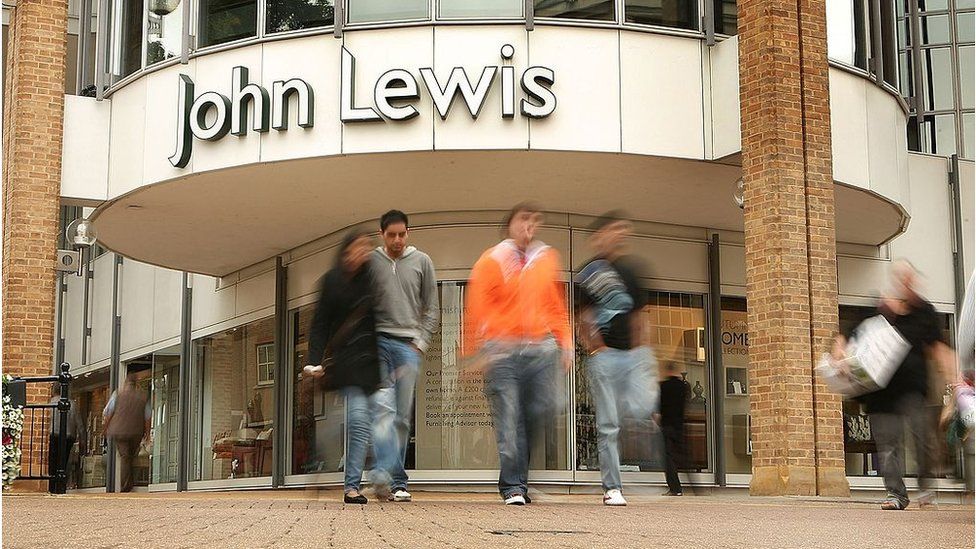ARTICLE AD BOX
 Image source, Getty Images
Image source, Getty Images
John Lewis customers are cutting back on the amount they spend in its department stores and at its supermarket Waitrose due to the rising cost of living, the company has said.
The retailer said while its number of shoppers had increased on last year, customers were spending less.
The company reported a loss of £99m in the first half of its trading year.
Its boss, Dame Sharon White, said the company had faced "unprecedented" cost inflation across groceries and goods.
She said customers were less likely to splash out on "big ticket" household items and were moving their spending to dining out at restaurants and to holidays.
"No one could have predicted the scale of the cost of living crisis that has materialised, with energy prices and inflation rising ahead of anyone's expectations," said Dame Sharon.
"As a business, we have faced unprecedented cost inflation across grocery and general merchandise."
However, she said it was "not unusual" for the John Lewis Partnership to report a loss in the first half of the year as its trading is "heavily skewed" to Christmas, with most of its profits made in the final months of the year.
In the first half of last year, the partnership reported a loss of £29m.
Image source, John Lewis Partnership
Image caption,Dame Sharon White said the outlook was "highly uncertain"
The company said its losses this year were due to a combination of rising wholesale prices for goods not being passed on to customers, households cutting back on spending, and the "unwinding" of Covid shopping habits.
At John Lewis, fashion sales increased as people shopped for travel and summer breaks. However, revenue from its home and technology ranges, which performed well during the height of the pandemic, declined.
The company said the impact of the rise in the cost of living, specifically around energy costs, was "evident in patterns of spending", with sales of its own-brand items rising 28% and energy saving goods, such as air fryers and smart thermostats, increasing.
Dame Sharon said the outlook for the rest of the year was "highly uncertain owing to the cost of living crisis and its impact on discretionary spending as well as criticality of our Christmas trading period".

 2 years ago
20
2 years ago
20








 English (US)
English (US)